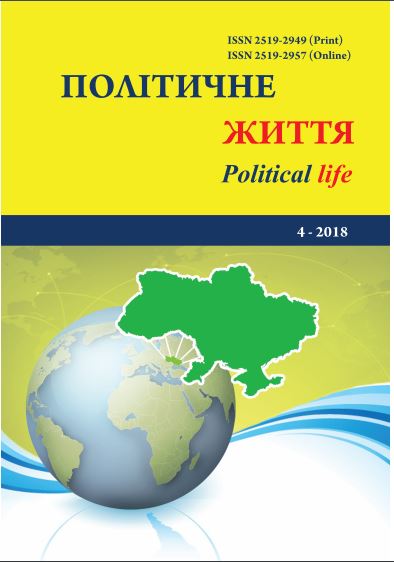The problem of the legal status of the Caspian region.
DOI:
https://doi.org/10.31558/2519-2949.2018.4.21Keywords:
Caspian region, Caspian Sea, international legal status, Caspian states, international law, summitAbstract
The article is devoted to one of the most acute regional problems of the present – the legal status of the Caspian region, as well as the mutual relations of the states around the Caspian Sea, the uncertain status of which is largely heated by rivalry between them, is capable, however, in an internationalization of the reservoir, to lead to an open collision. In the XXI century, during the era of energy foreign policy, the Caspian Sea, with its rich shelf fields and unique bioresources, becomes the place of crossing the direct interests of leading regional and world powers, which, in the context of its increased conflict potential, actualises the issue of delimitation of the Caspian Sea area. The purpose of the article is to study the legal status of the Caspian region. The positions of the coastal states regarding the delineation of the Caspian Basin, their interests in relation to this problem are explored. The methods of comparative and comparative-historical analysis are used, which allowed to determine the preconditions for the formation of the legal status of the Caspian Sea in different historical periods. The results of the last summit in Aktau are considered. Since the Convention on the Legal Status of the Caspian Sea, adopted during the work of the V Caspian Summit in Aktau, did not establish a single principle for the delimitation of the seabed, many of whom received the document with a high degree of skepticism. However, the Caspian Convention has become a natural result of more than 25 years of diplomatic process in the Caspian Sea, and therefore only reflected the format of relations that have developed between the Caspian states, which, having gone through a series of crises and conflicts, were able to reach a mutual compromise. The author concludes that an effective solution to the problem of the legal status of the Caspian water area can only be achieved on the condition of mutual understanding between all the participants in the negotiation process, readiness for compromise and taking into account the interests of each other.References
Конвенция о правовом статусе Каспийского моря [Електронний ресурс]. – 2018. – Режим доступу до ресурсу: http://www.kremlin.ru/supplement/5328.
Гасанов О.С., Рыжов И.В. Современное состояние российско-азербайджанских отношений / О.С. Гасанов, И.В. Рыжов // Политика и общество. – 2017. – 145 (6): – С. 32-50.
Зонн И.С., Жильцов С.С. Новый Каспий. География, экономика, политика [Текст] / И.С. Зонн, С.С. Жильцов. – М.: Восток-Запад, 2008. – 544 с.
Косов Г.В., Литвишко О.М. Каспийский регион в системе международных регионов. / Г.В. Косов, О.М. Литвишко // Вестник Волгоградского государственного университета. Серия 4: История. Регионоведение. Международные отношения. – 2015. – № 20 (6) – С. 112-117.
Михеев С.А., Чеботарев А.Е., Ковалев Г.С. Проблемы региона накануне IV Каспийского саммита // Проблемы постсоветского пространства. – 2014. – № 2. – С. 31–69
Мухаррямов Р. Р. Борьба за энергоресурсы как фактор каспийских политических процессов на современном этапе : диссертация ... кандидата политических наук : 23.00.02 / Мухаррямов Ремир Равилевич; [Место защиты: Астрахан. гос. ун-т]. – Астрахань, 2013. – 175 с.
Подписана "конституция" Каспийского моря [Електронний ресурс]. – 2018. – Режим доступу до ресурсу: https://ru.sputnik.az/politics/20180812/416598611/podpisana-konvencija-pravovogo-statusa-kaspija.html.
Рустемова-Демиржи С. Стратегические игры вокруг Каспия. / С. Рустемова-Демиржи // Кавказ и глобализация. – 2012. – № 6 (4) – С. 92-97.
Cohen A. Advancing American Interest in Central Asia. The Heritage Foundation (17 January 2007). Available at: http://www.heritage.org/europe/commentary/advancing-american-interest-central-asia
Kubicek P. 2013. Energy politics and geopolitical competition in the Caspian Basin. Journal of Eurasian Studies, 4 (2): 171-180. Available at: http://www.sciencedirect.com/science/article/pii/S1879366513000171#fn29
Zimnitskaya H., (von) Geldern J. 2011. Is the Caspian Sea a sea; and why does it matter?. Journal of Eurasian Studies, 2 (1): 1-14. Available at: http://www.sciencedirect.com/science/article/pii/S1879366510000424

